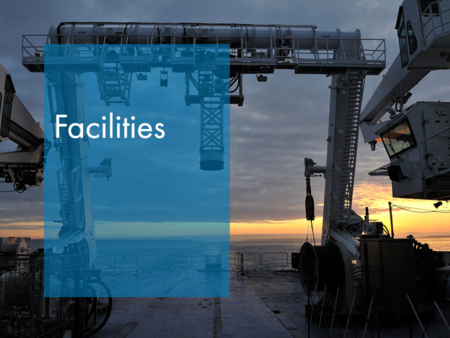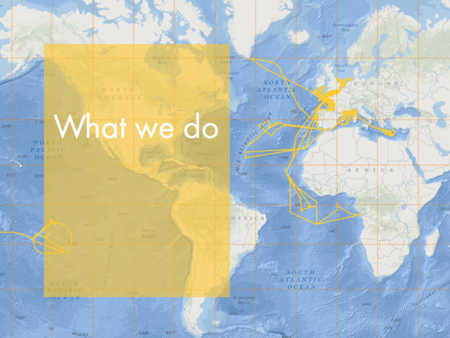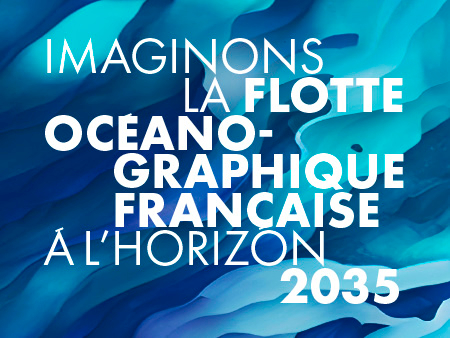1.7. Conclusive comments on the overview
This overview highlights just how much the fleet and the resources at sea are major assets for French oceanographic research and training on sciences of the sea. The French community has high performance resources and high technology equipment funded by the TGIR FOF. These resources could be improved, completed or should be replaced when they are withdrawn, after consultation with users. The national community described here is dynamic, productive, leader in many projects and strongly represented on the international scene. This report also brings out the spirit of working together, leading to calm, reasoned discussion on the use of the FOF, in addition to future needs, broken down in the long-range planning. Short-term priority actions that would have significantly positive effects and would further boost the scientific community and spread the national oceanography community are:
- Consolidating funding to perform oceanographic research based on campaigns at sea and subsequent scientific activity. This financing covers campaign preparation (logistics and scientific), return transport of scientific teams personnel and equipment, the cost of running and/or purchasing equipment dedicated to the campaign, the cost of consumables, compensation for the observers, the analytical work and the processing of data and samples during and after the campaign, and non-permanent staff salaries (PhD students, post-doc, contractors); this funding is relatively low compared to the cost of days at sea, but essential to allow teams to ensure high level research within competitive deadlines. The request for a single point of contact for the TGIR is crucial.
- Setting up specific, organised and effective help for logistics and for organisation of campaigns.
- Setting up institutional communication relays that can give the FOF media visibility. This visibility is too often lost behind private, well-broadcast and yet scientifically marginal actions (some are even barely scientific).




